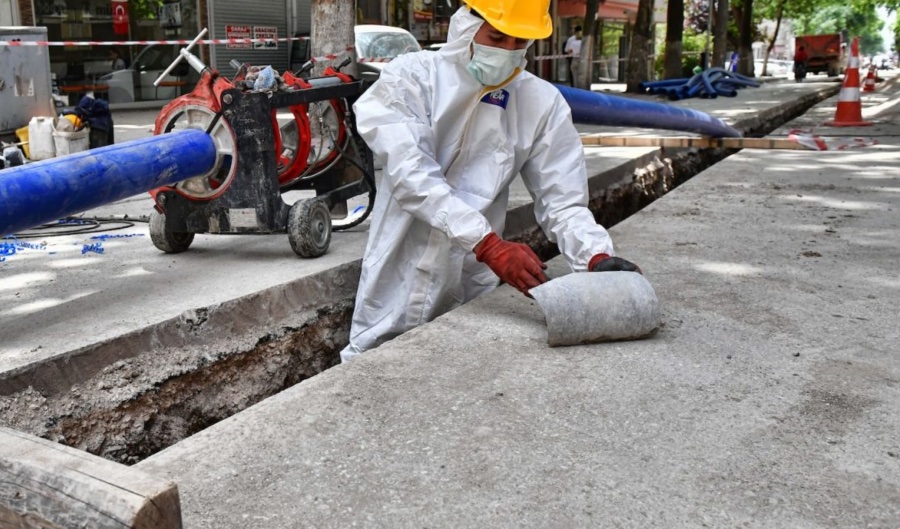National charity, Mesothelioma UK has launched a new ‘Don’t Let the Dust Settle’ campaign to call time on asbestos by raising awareness of the dangers of asbestos exposure and the asbestos-related cancer, mesothelioma.
The campaign, launched yesterday, will focus on sharing information about asbestos and mesothelioma to coincide with Global Asbestos Awareness Week which runs from 1-7 April.
Asbestos is estimated to kill more than 200,000 people per year globally and exposure to asbestos is responsible for nine out of ten mesothelioma cases.
Asbestos is the single greatest cause of work-related deaths in the UK each year, as more than 5,000 people die from asbestos-related cancers. More than half of those deaths are from mesothelioma, a cancer of the lining that covers the outer surface of some of the body’s organs, most commonly of the lungs or abdomen, for which there is no cure. Up to 60 per cent of patients die in the first year after diagnosis, and just over five in 100 survive their mesothelioma for five years or more.
According to the Health and Safety Executive (HSE), Britain’s national regulator for workplace health and safety, the UK has the highest rate of mesothelioma deaths per capita in the world. The cancer has a long latency period of 15-45 years, with some prolonged cases of 60 years before symptoms show.
Despite its use being banned, asbestos remains in many UK buildings. The HSE estimates that between 210,000 and 400,000 buildings in the UK contain asbestos. Other sources say that there are about six million tonnes of asbestos, spread across approximately 1.5 million buildings – the most asbestos per capita in Europe. Freedom of Information requests in 2022 revealed that 81 per cent of schools reported asbestos was present in their buildings, with more than 90 per cent of hospital buildings containing asbestos.
The ‘Don’t Let the Dust Settle’ campaign is demanding that the Government heeds the two key recommendations of the Work and Pensions Committee inquiry into the management of asbestos. In 2022, the Committee recommended the creation of a central digital register of asbestos and a commitment to the phased removal of asbestos over the next 40 years, prioritising schools and hospitals.
Rt. Hon Sir Stephen Timms MP, Chair of House of Commons Work and Pensions Committee said:
The 1999 ban on using asbestos didn’t make it a thing of the past. It’s still in our buildings and causes over 5,000 deaths per year. This risk from asbestos will increase in coming decades, as we retrofit buildings to meet net zero targets. To prevent needless deaths and suffering, we need to act decisively, and finally make asbestos history. We need a central register so that we know where all the asbestos is and in what condition it is. We also need to set a timeframe for its safe removal, prioritising the highest risk asbestos from settings such as schools and hospitals. The clock is ticking.
Rt. Hon Sir Stephen Timms MP, Chair of House of Commons Work and Pensions Committee
For more information on the campaign and to find out how to show your support, visit www.mesothelioma.uk.com/dontletthedustsettle.
Joanne is the editor for Workplace Wellbeing Professional and has a keen interest in promoting the safety and wellbeing of the global workforce. After earning a bachelor's degree in English literature and media studies, she taught English in China and Vietnam for two years. Before joining Work Well Pro, Joanne worked as a marketing coordinator for luxury property, where her responsibilities included blog writing, photography, and video creation.



